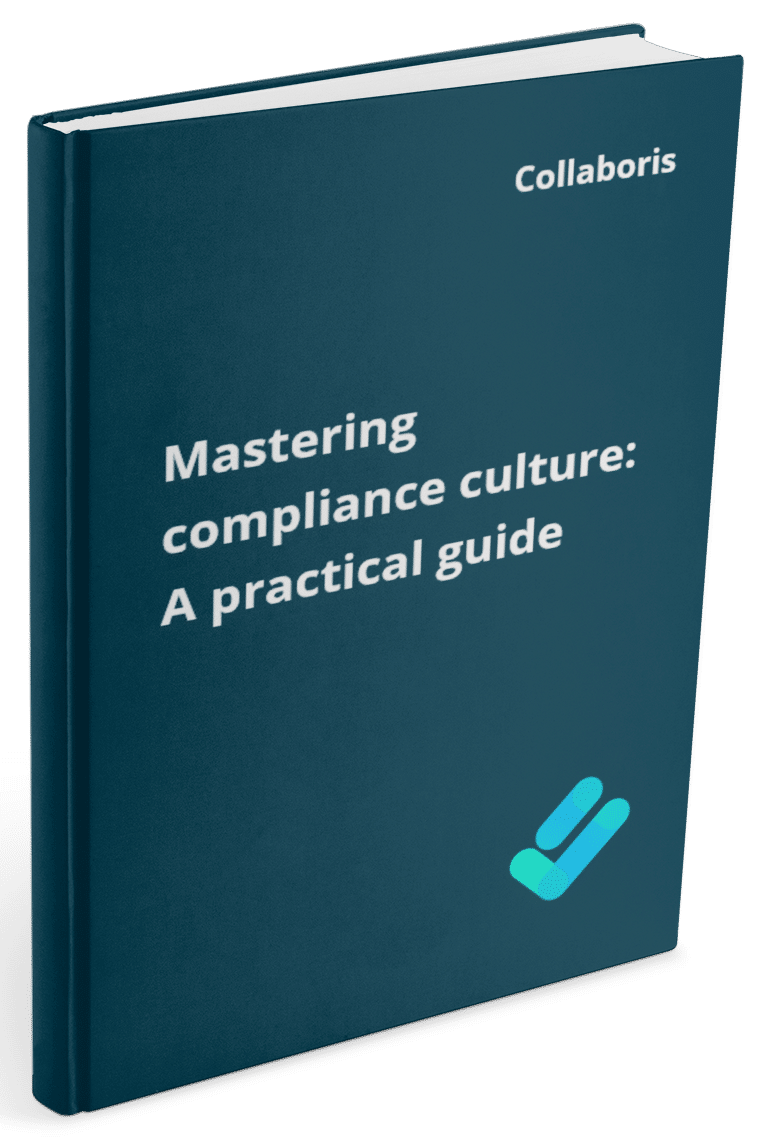Policy Approval Workflow Automated policy approval workflows offer several benefits that can significantly enhance ...
The Future of Healthcare Compliance: Emerging Trends and Challenges
In recent years, healthcare compliance has become an increasingly important issue in the industry. The rise of digital health technology and the changing landscape of regulations and policies have led to new challenges and opportunities for compliance professionals. This blog post will explore some of the emerging trends and challenges facing the future of healthcare compliance.
Trend 1: Increased Focus on Data Privacy and Security
One of the most pressing concerns for healthcare compliance in the future is data privacy and security. As healthcare organizations continue to digitize their operations, the risk of cyber threats and data breaches increases. Compliance professionals must stay up-to-date on the latest regulations and guidelines for protecting patient data. These include HIPAA and GDPR. They must also ensure that their organization implements best practices for data security, such as encryption and two-factor authentication.
Trend 2: Greater Emphasis on Ethical Conduct
In recent years, there has been a growing awareness of ethical issues in healthcare. These include conflicts of interest, kickbacks, and inappropriate marketing practices. As a result, healthcare compliance professionals must be vigilant in monitoring their organizations for any unethical behavior. They must also develop and implement robust training programs. These should educate employees on ethical conduct and also encourage a culture of integrity.
Trend 3: Advancements in Artificial Intelligence and Machine Learning
Artificial intelligence and machine learning have the potential to revolutionize the healthcare industry by improving patient outcomes and reducing costs. However, these technologies also present new compliance challenges. Compliance professionals must ensure that their organizations use AI and machine learning in a way that is ethical and transparent. They must also be aware of any regulatory guidelines related to these technologies. These include the FDA's recent guidance on AI in healthcare.
Trend 4: Increased Collaboration with Regulators and Law Enforcement
As healthcare compliance becomes more complex, compliance professionals must work closely with regulators and law enforcement to stay ahead of potential issues. This means developing strong relationships with government agencies, participating in industry groups and associations, and sharing best practices with other compliance professionals.

Get your free guide : Mastering compliance culture
This eBook provides a comprehensive guide to help employees and organizations understand, implement, and maintain a strong culture of compliance through effective policies and procedures.
Challenges Facing Healthcare Compliance
Despite these trends, healthcare compliance still faces a number of challenges. Underpinning the whole of the healthcare industry is that compliance issues in healthcare can lead to bad patient outcomes. Healthcare companies must navigate thorough compliance requirements as well as focussing on their end customer: the patient or service user.
One of the biggest challenges is keeping up with the ever-changing regulatory landscape. Compliance professionals must be aware of the latest regulations and guidelines at the local, state, and federal levels, as well as any international regulations that may apply. They must also be prepared to adapt to new regulations as they are introduced.
Another challenge is the sheer volume of data that healthcare organizations are generating. Compliance professionals must be able to collect, analyze, and report on this data in a way that is efficient and effective. This requires access to sophisticated data analytics tools and a deep understanding of how to use them.
Conclusion
The future of healthcare compliance is full of both challenges and opportunities. Compliance professionals must stay ahead of emerging trends in data privacy and security, ethical conduct, artificial intelligence and machine learning, and collaboration with regulators and law enforcement. By doing so, they can help their organizations navigate the ever-changing healthcare landscape and ensure that they are providing safe, effective, and ethical care to their patients.
See how DocRead can help
Find out how DocRead can ensure your healthcare policies are read on time and by the right people, and help you stay compliant, by booking a personalized demonstration with one of our experts. During the call they will be able to discuss your specific requirements and show how DocRead can help.
If you have any questions please let us know.
DocRead has enabled us to see a massive efficiency improvement... we are now saving 2 to 3 weeks per policy on administration alone.
Nick Ferguson
Peregrine Pharmaceuticals
Feedback for the on-premises version of DocRead.
You may also like:
January 17, 2025
January 7, 2025
Creating policy review reminders in Office 365 You might want to set up a ...
December 19, 2024
Podcast: Implementing effective healthcare procedures Implementing effective healthcare procedures is an ongoing process. It ...
December 19, 2024
Podcast: 10 Powerful Strategies for Employee ComplianceOrganizations face challenges in ensuring employee compliance with ...
December 8, 2024
AI Warns About Itself: How I Asked AI to Create a Podcast on the ...
November 4, 2024
Benefits of writing SOP's In any organization, standard operating procedures (SOPs) are critical to ...

